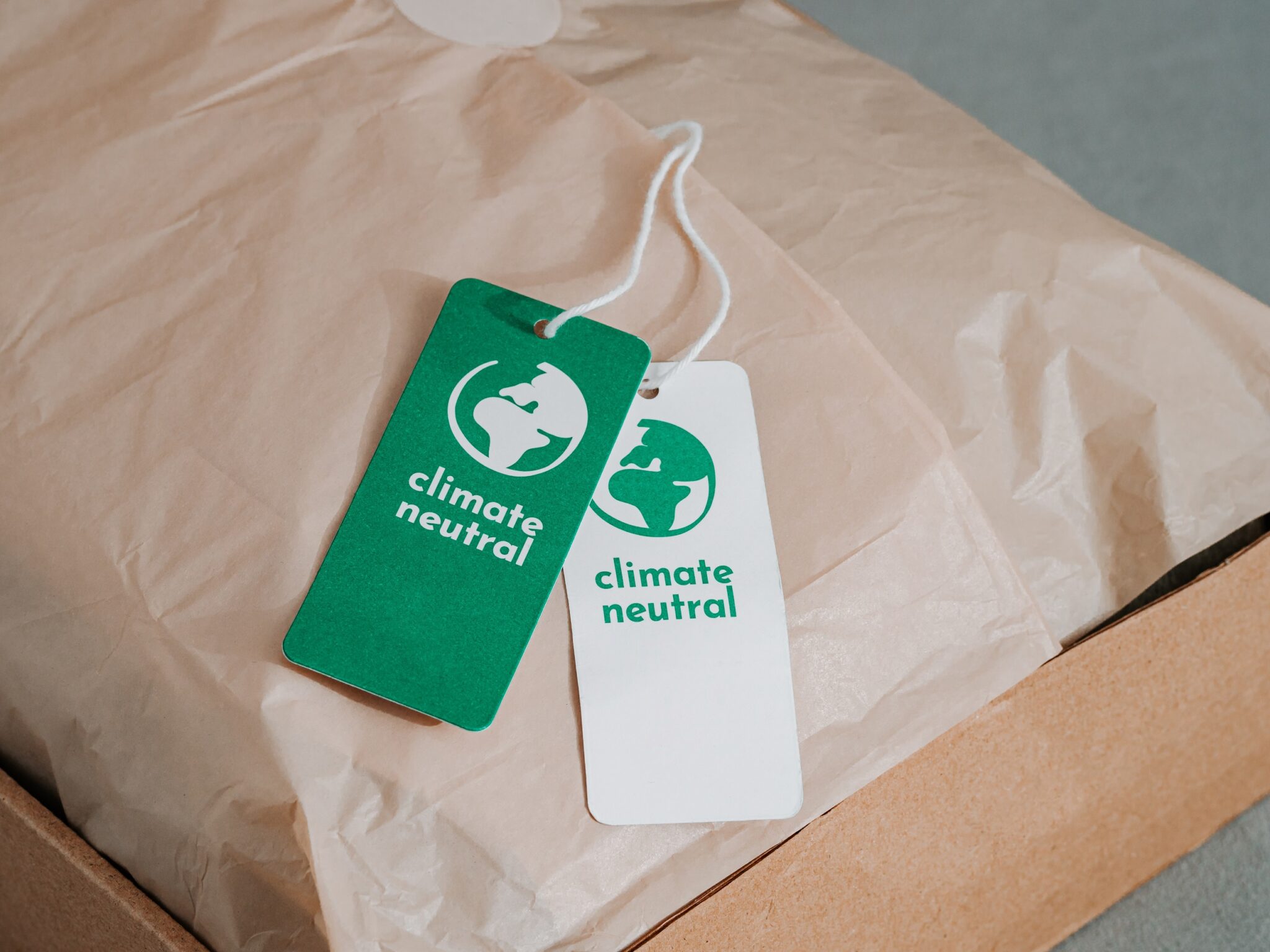
Should we believe brands and companies when they tell us about “neutrality” or “carbon offsetting”? Here are some pointers from Ademe’s recommendations that will help you wash away the greenwashing behind these carbon neutrality promises.
Ikea, Apple, Carrefour… These big companies, like many other countries, have recently committed themselves to becoming carbon neutral in the coming decades. In other words, to store as much CO2 as they emit. An ambitious announcement, which does not fail to produce its small effect. But in fact the concept of ‘carbon neutrality’ is widely overused, Ademe underlines in an expert opinion published in February.
You’ve probably come across one of these phrases when reading a corporate charter or product description: “Certified Carbon Neutral Brand”, “Climate Neutral Range”, “Carbon Neutral for Life”, “Event Carbon Neutral”, etc. So many promises on the label that ultimately don’t mean much.
“The misuse of the ‘neutrality’ argument is problematic: it by definition misleads the public, it is based on the concept of compensation that includes different realities, it prevents the identification of the actors who are really involved, it contributes to the public’s mistrust of the discourse of organizations and it is a brake on the spread of mobilizing stories. »
Ademe
But if there is one formula that Ademe warns us against, it is this: “100% CO2-neutral”. Indeed, it is difficult to imagine a brand, regardless of the sector, that would not emit greenhouse gases. Instead, Ademe recommends stating the level of CO2 reduction achieved thanks to the brands’ eco-friendly approaches, with an accurate percentage. For instance : “This company has reduced its carbon footprint by X% in three years”†
Compensating is not consuming less
Ademe also cautions against using the term “carbon offset”. This is the method most often suggested by brands and institutions that proudly display their carbon neutrality ambitions. Carbon offsetting – when applied to a company, community or even an individual – is based on the principle of offsetting a carbon-intensive purchase or promotion (e.g. booking a plane ticket) by participating in the financing of a project to restore, create or increase natural carbon sinks, such as soils or forests.
“The compensation argument often resembles a marketing pretext. The price of CO2 credits can vary enormously, depending on the type of project, the location and any certifications. Thus, the number of credits purchased may not reflect the actual commitment of the organizations and the amount actually provided to project leaders.underlines the Ademe.
(ETX Daily Up)